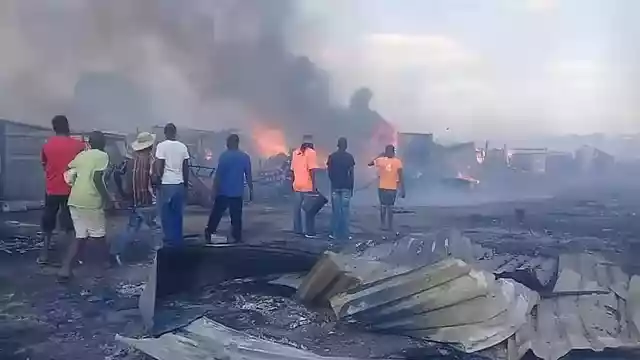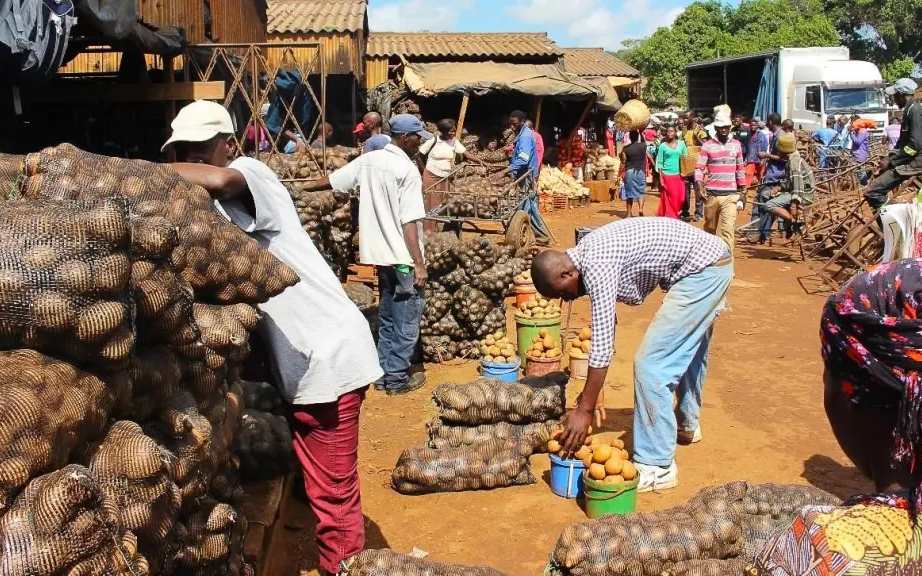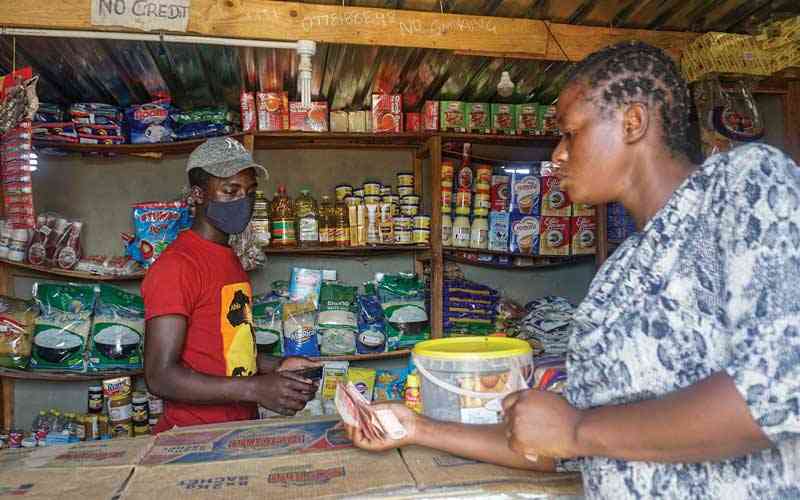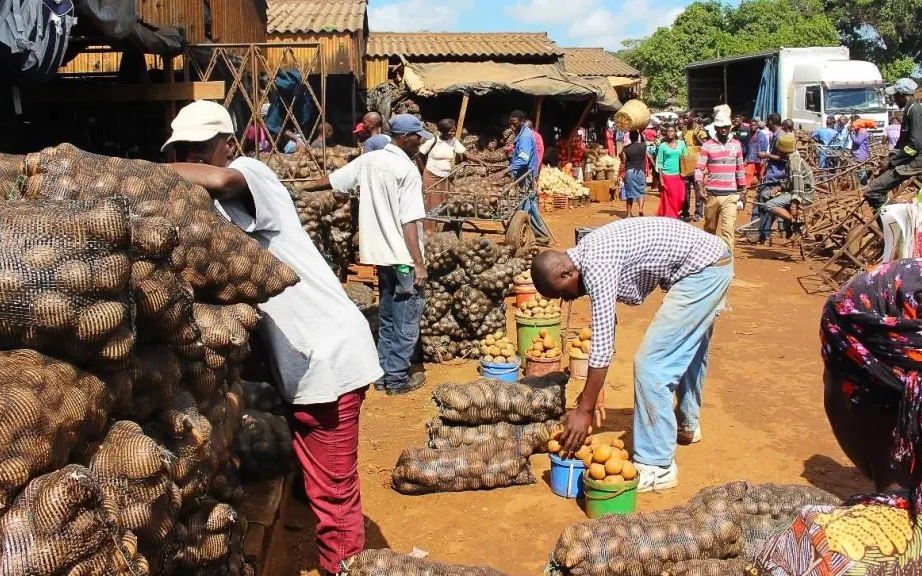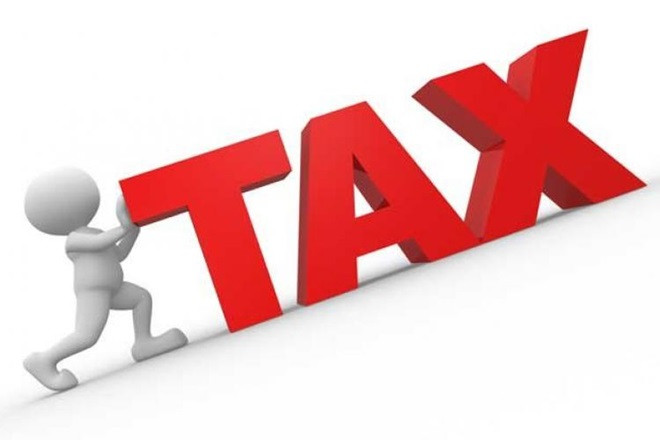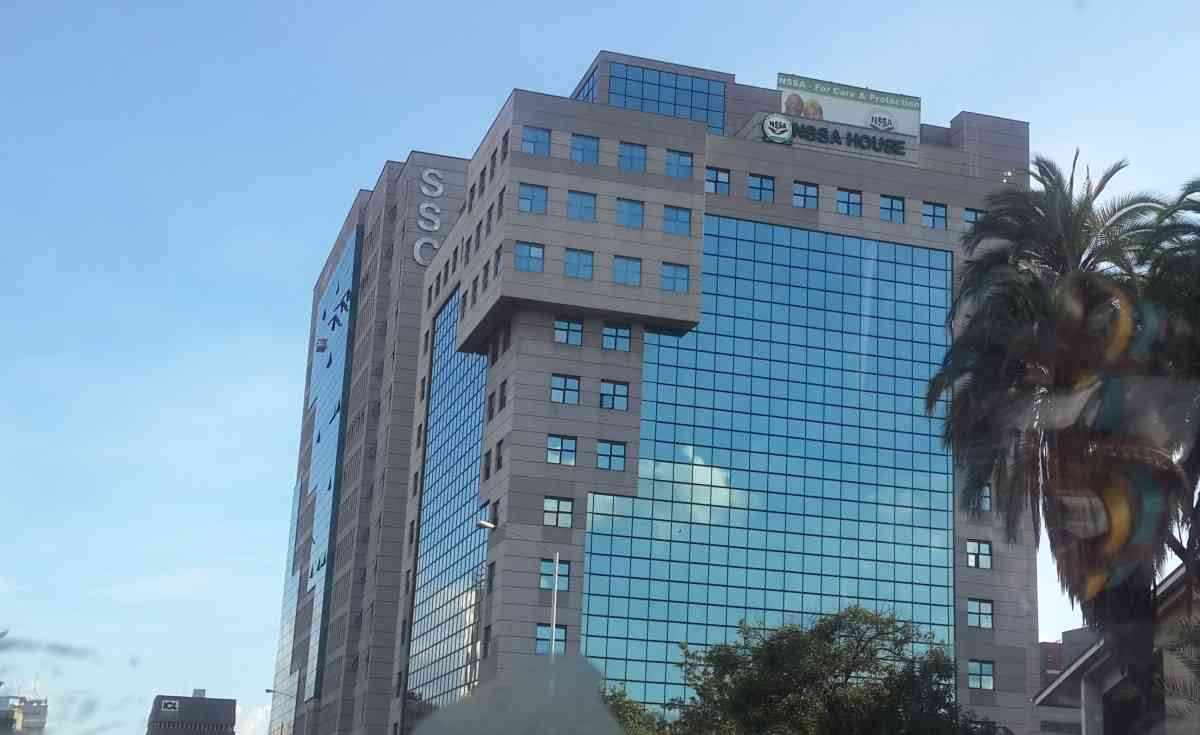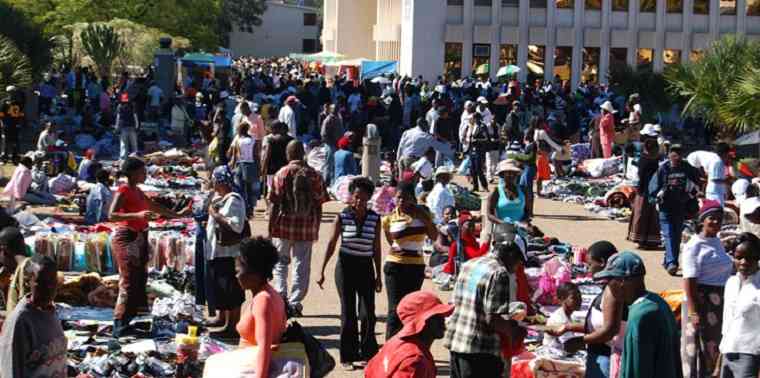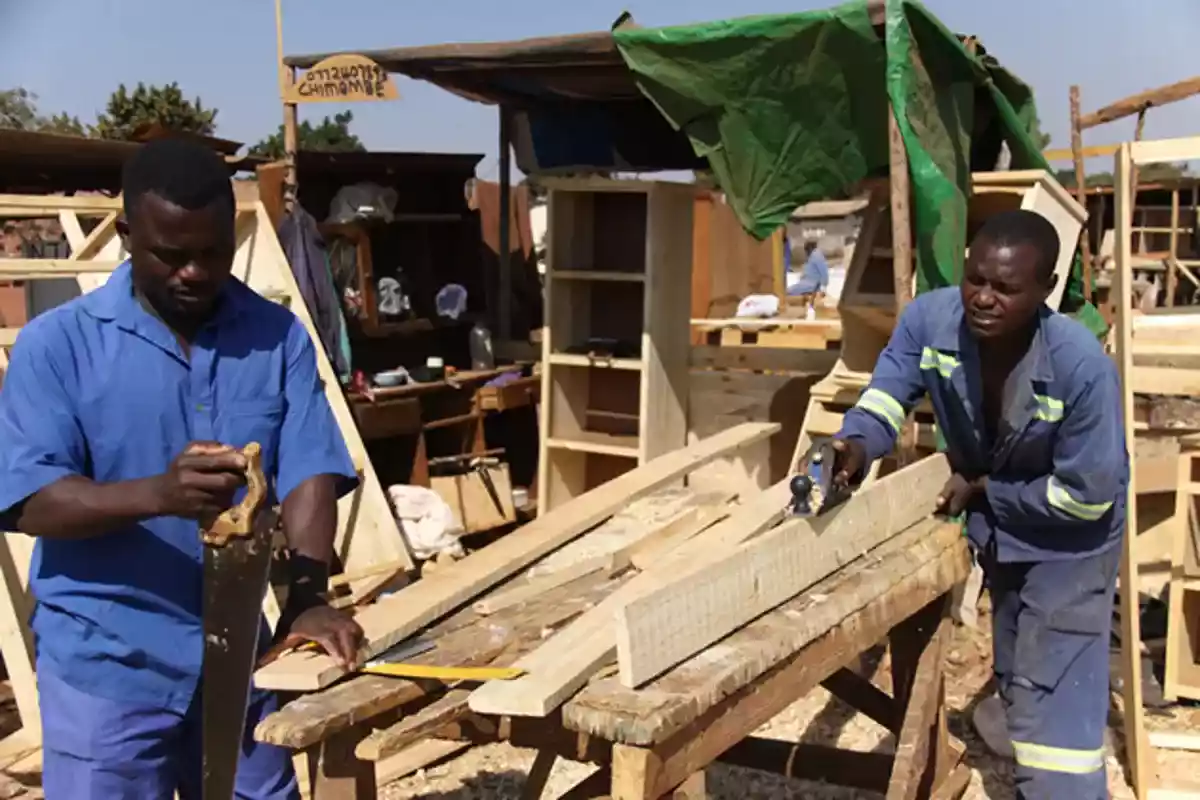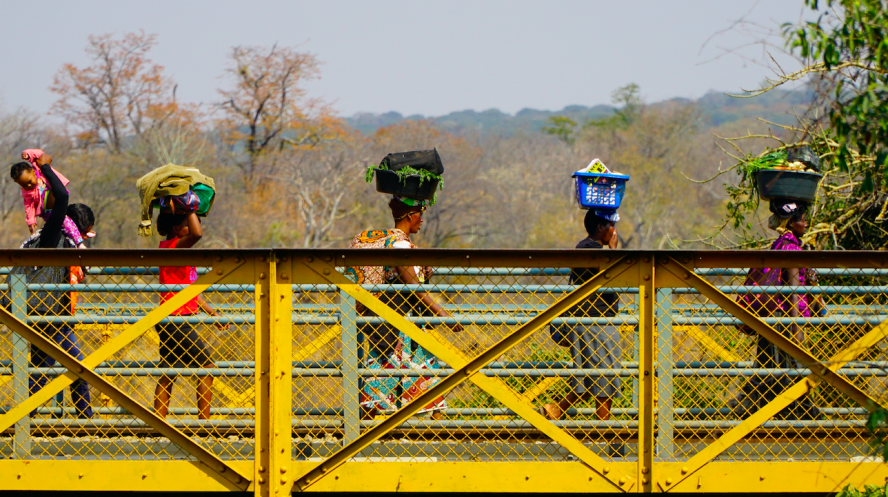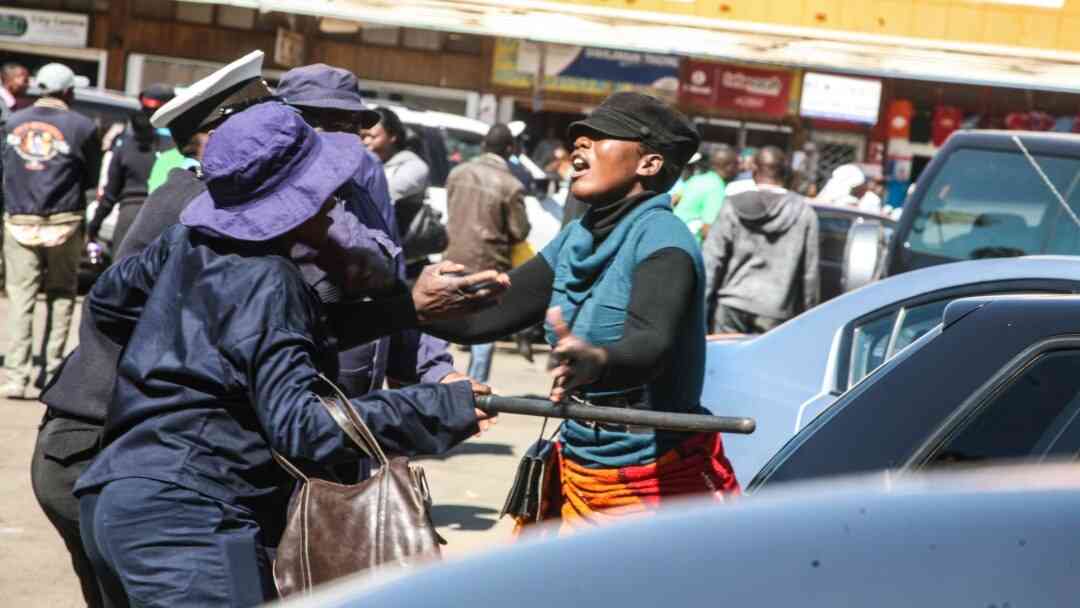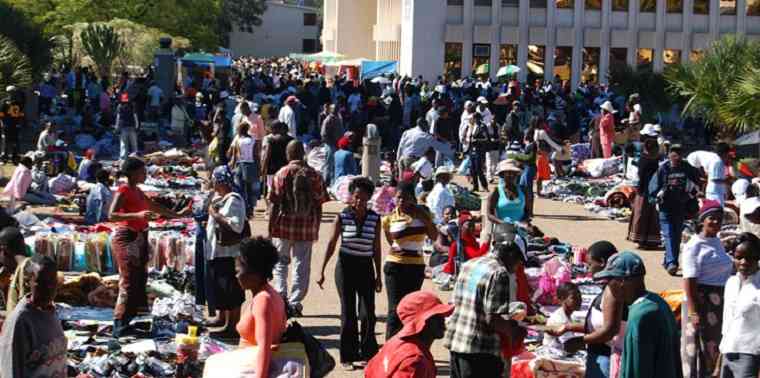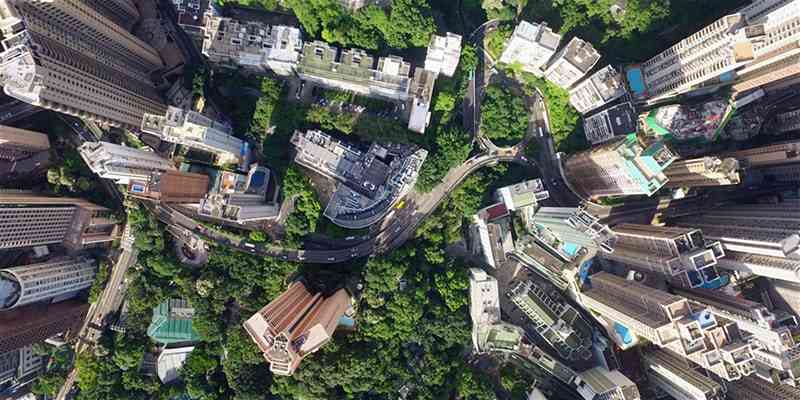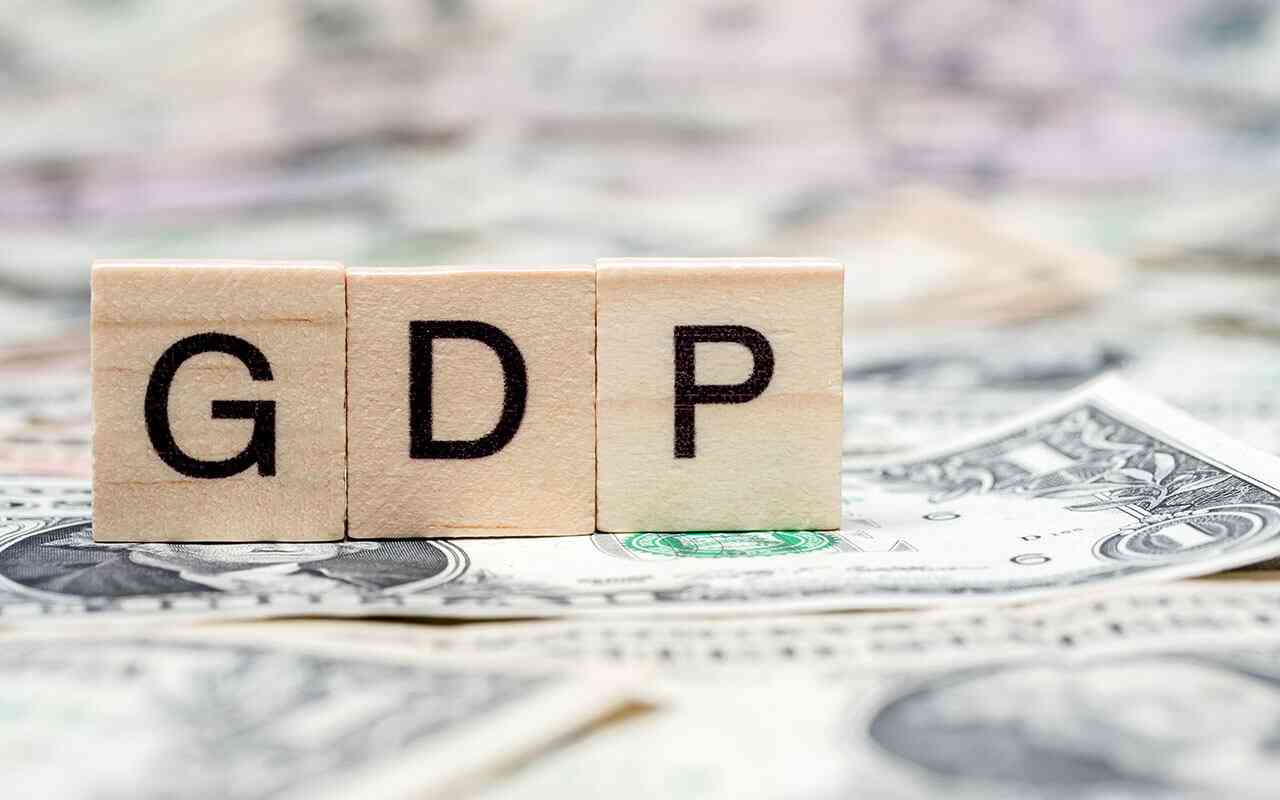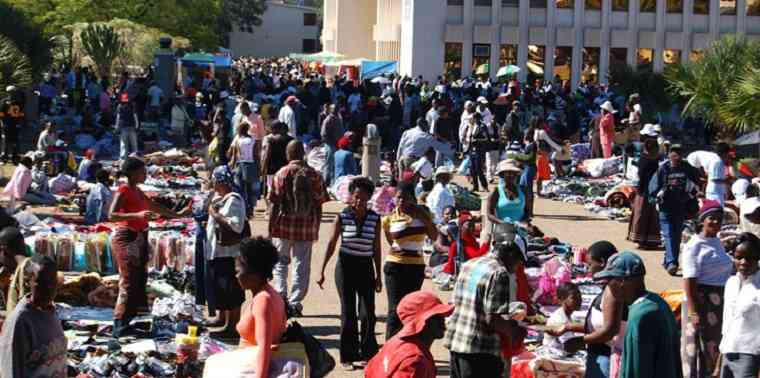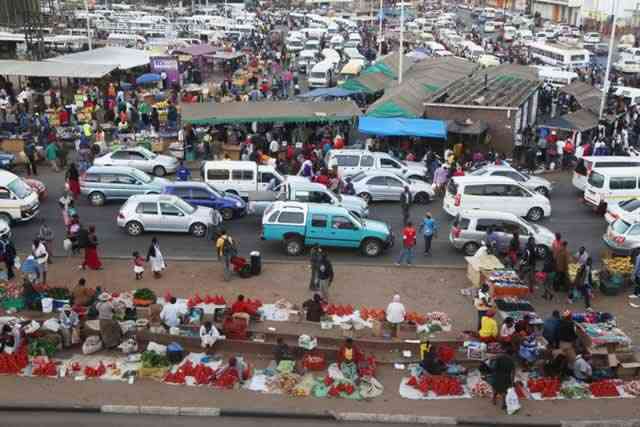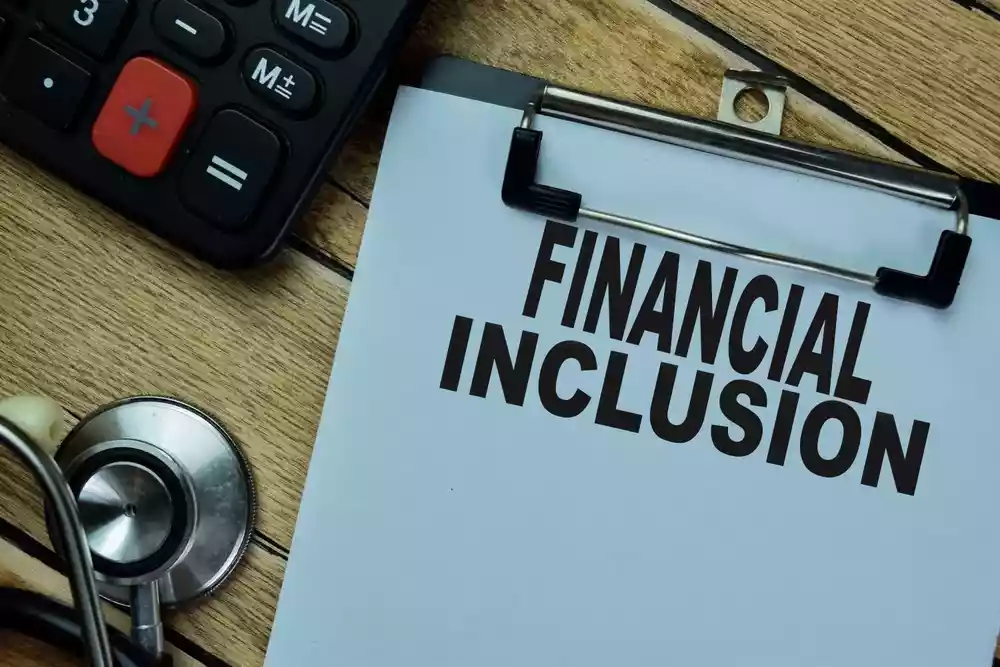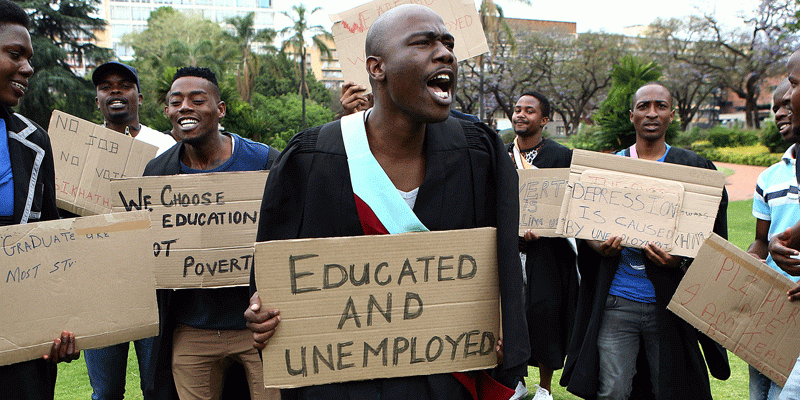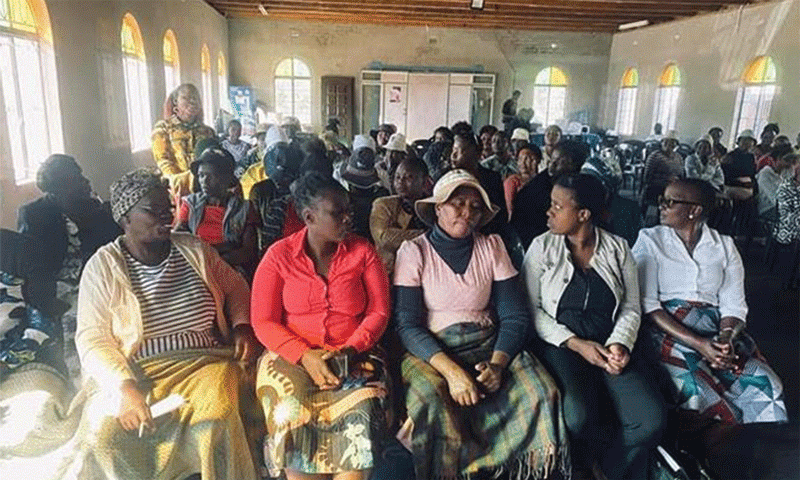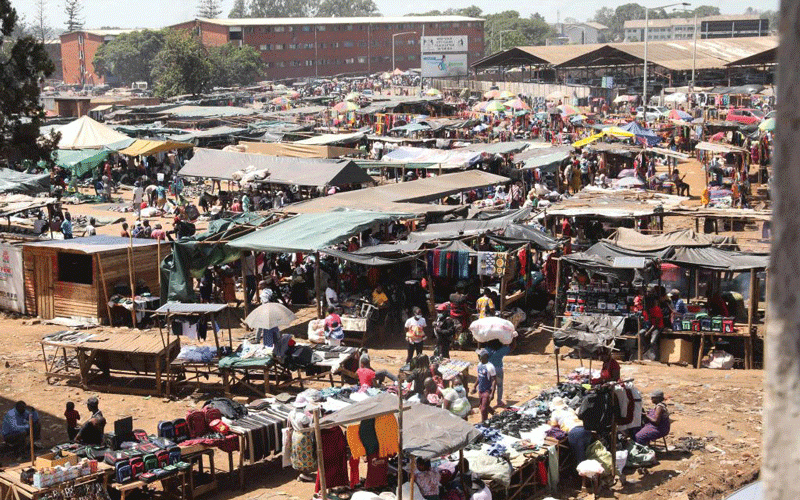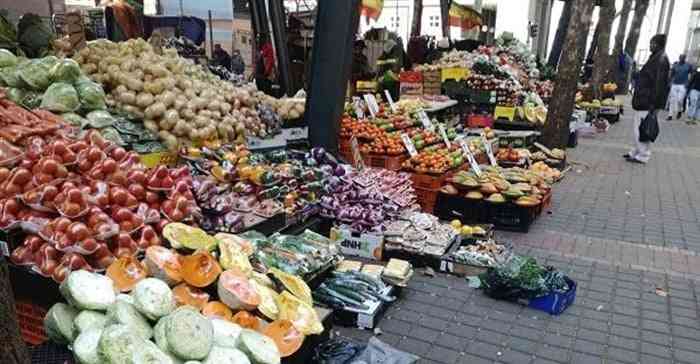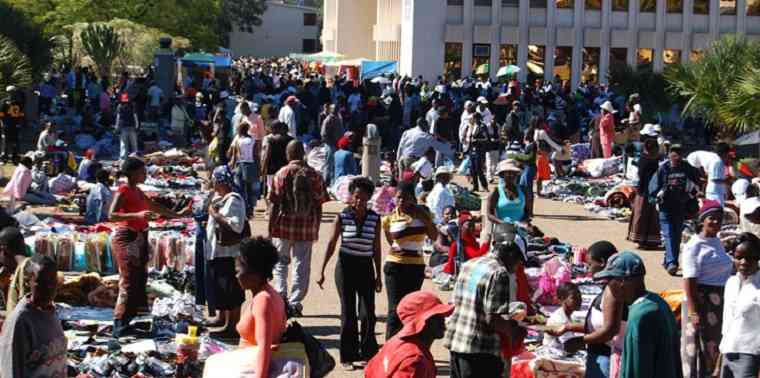
Samuel Wadzai
Follow Samuel Wadzai on:
Glen View Area 8 fires: Time for viable, sustainable solutions!
On September 8 2022, the informal economy fraternity woke up to the devastating news of yet another fire outbreak at the Glen View Area 8 Complex in Harare
By Samuel Wadzai
Sep. 30, 2022
New perspectives: Towards a more democratic informal economy governance
The government is realising the need to tap into the benefits of informal economy through taxes.
By Samuel Wadzai
Nov. 6, 2022
Reforming the Regional, Town and Country Planning Act
The aim is to make the legal and policy framework user-friendly and receptive to the integration of the informal economy
By Samuel Wadzai
Nov. 11, 2022
Part Two: Towards a more democratic informal economy governance
Drawing of master plans affects informal economy workers on all spheres and there is, therefore, need to ensure that there is adequate representation.
By Samuel Wadzai
Jan. 8, 2023
Opinion: Comparative regional case studies and best practices
Most governments have come to the realisation that, with policy and legislative support, the informal economy can become a vital cog in the development of their national economies.
By Samuel Wadzai
Feb. 3, 2023
Social dialogue and effectiveness of tripartism in Zimbabwe
Social dialogue at the national level —in other words, at the peak level — takes a variety of forms, mechanisms and names.
By Samuel Wadzai
Feb. 12, 2023
Perspectives: Tax justice in Zim’s informal economy
An accountable and functioning state with the capacity to meet the needs of its citizens must eventually depend on its own revenues to champion the country’s development agenda.
By Samuel Wadzai
Feb. 26, 2023
Tax justice in Zim’s informal economy
GLOBALLY the subject of tax justice has generated massive debate amoung academics, policymakers, politicians, human rights defenders and development partners.
By Samuel Wadzai
Mar. 1, 2023
Social protection interventions: Is Zimbabwe on the right path?
UNDP notes that it is important to promote and strengthen non-contributory benefits supported by national laws as a horizontal extension
By Samuel Wadzai
Apr. 14, 2023
The rise of informality, social protection deficit
The majority of informal sector businesses and workers face high risks due to conditions under which they work.
By Samuel Wadzai
Apr. 28, 2023
Perspectives: Transitioning from informality to formality
A good number of states have embraced and adopted the Recommendation 204 and have begun to put in motion interventions to ensure its actualisation.
By Samuel Wadzai
Jun. 18, 2023
The role of simplified trade regimes for small scale cross border traders
These limitations need to be addressed through a combination of capacity building, information sensitisation and advocacy efforts at the Sadc and Comesa regional levels.
By Samuel Wadzai
Jul. 2, 2023
New Perspectives: Speedy formalisation strategy for Zim
Formalisation also leads to access to finance and market information, thereby enabling improvements in the productivity of informal units
By Samuel Wadzai
Aug. 4, 2023
Towards a speedy, inclusive formalisation in Zim
Vendors are most vulnerable to forced eviction and denial of right to livelihood. This causes severe long-term hardships, impoverishment and other disadvantages including loss of dignity.
By Samuel Wadzai
Aug. 9, 2023
Perspectives: Inclusive cities planning for informal economy workers
In Zimbabwe, there continues to be sharp increase and expansion in the number of people that are working in the informal economy.
By Samuel Wadzai
Sep. 10, 2023
Perspectives: Social protection for informal workers: Towards sustainable financing and inclusion
In 2020, the total estimated financing gap for developing countries was about US$ 1.2 trillion.
By Samuel Wadzai
Oct. 8, 2023
Perspectives: The decent work agenda: Securing growth and safe spaces for informal workers
The inference tends to be negative – that globalisation is to blame.
By Samuel Wadzai
Oct. 29, 2023
Perspectives: Building local economies and creating employment opportunities
Viset has developed alternative approaches to the management of street vendors and shared the same with authorities for adoption and possible implementation.
By Samuel Wadzai
Nov. 19, 2023
Financial inclusion, informality and sustainable development
More informality can also reduce financial inclusion because part of the financial resources will be used to check whether entrepreneurs are involved in informal activities.
By Samuel Wadzai
Dec. 24, 2023
Perspectives: Anti-people taxes now in full swing
Estimates note that up to 90% of Zimbabwe’s workforce is employed in the informal sector.
By Samuel Wadzai
Jan. 14, 2024
Zimbabwe’s youth unemployment and the informal economy (Part 1)
It is the subject of political debate and discussions on socioeconomic and sustainable development.
By Samuel Wadzai
Feb. 24, 2024
Perspectives: Zimbabwe’s youth unemployment and the informal economy (Part 2)
Youth entrepreneurs in Zimbabwe have limited access to the state of the art equipment and infrastructure to use to run their businesses.
By Samuel Wadzai
Mar. 3, 2024
Perspectives: A time to support women in the informal economy
Everyone in our different spheres of influence need to stand in solidarity with women as they strive for a future where all women are empowered, respected, and can reach their full potential.
By Samuel Wadzai
Mar. 17, 2024
The significance of reviewing organisational strategy
Most organisations do a strategy review once a year, typically at the end of their annual cycle.
By Samuel Wadzai
May. 26, 2024
Street vendors are not the problem, but outdated and archaic vendors are the issue
Economically, street vendors play a crucial role in providing essential goods and services to local communities in Zimbabwe.
By Samuel Wadzai
Jul. 21, 2024
Perspectives: The nexus between unpaid care work and informal trading
Within this sector, informal trading emerges as a cornerstone of economic survival, particularly for marginalised populations.
By Samuel Wadzai
Jul. 28, 2024
Opportunities in cross border trading for the Zim economy
This opinion contribution is going to take a deep dive into the opportunities that cross-border trading presents for the Zimbabwean economy.
By Samuel Wadzai
Sep. 22, 2024
Community participation in budget making: A crucial step towards inclusive governance
In Zimbabwe, like many other developing countries, budget making has traditionally been a top-down process, with limited involvement of citizens and communities.
By Samuel Wadzai
Nov. 24, 2024
Public finance management in informal economy: A panacea to Zim’s fiscal challenges
The informal economy, also known as the shadow or underground economy, refers to economic activities that are, in the majority of cases, not registered or regulated by the government.
By Samuel Wadzai
Dec. 22, 2024
Importance of informal economy workers’ participation in budget making processes
Estimates suggest that over 60% of the workforce is engaged in informal activities, ranging from street vending to artisanal trades.
By Samuel Wadzai
Jan. 5, 2025

Liquid Intelligent Technologies announces debt repayment and agrees new credit facilities
The Professional
By Admin
Feb. 25, 2026
Independent issues unreserved apology to President ED Mnangagwa over ZBC story
Local News
By Faith Zaba
Feb. 20, 2026

